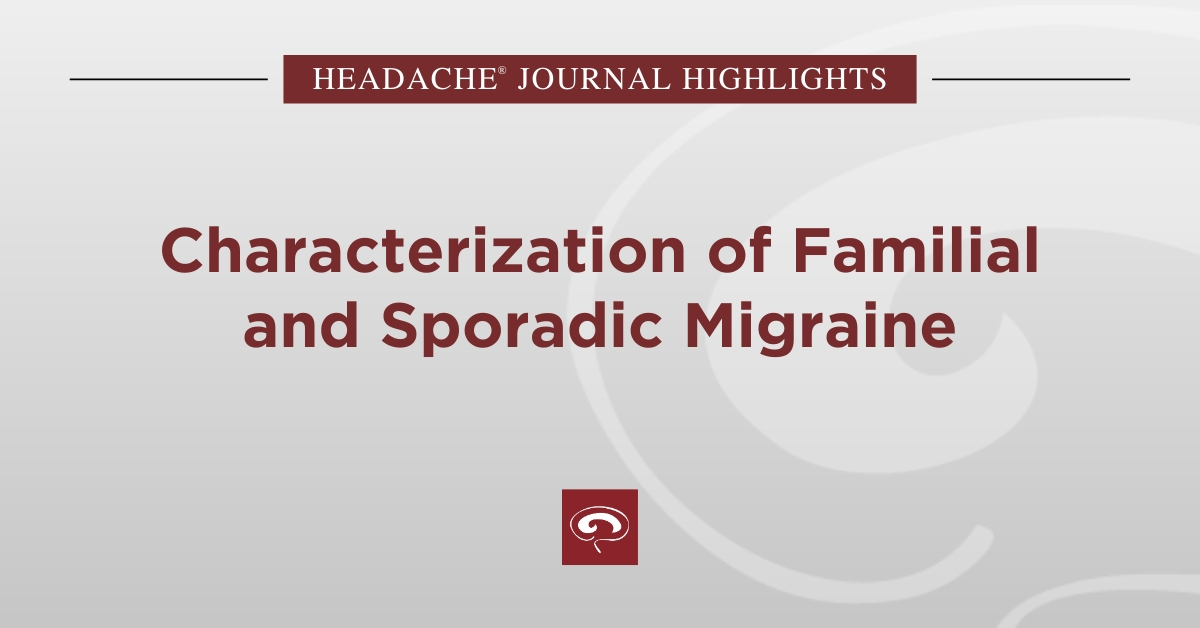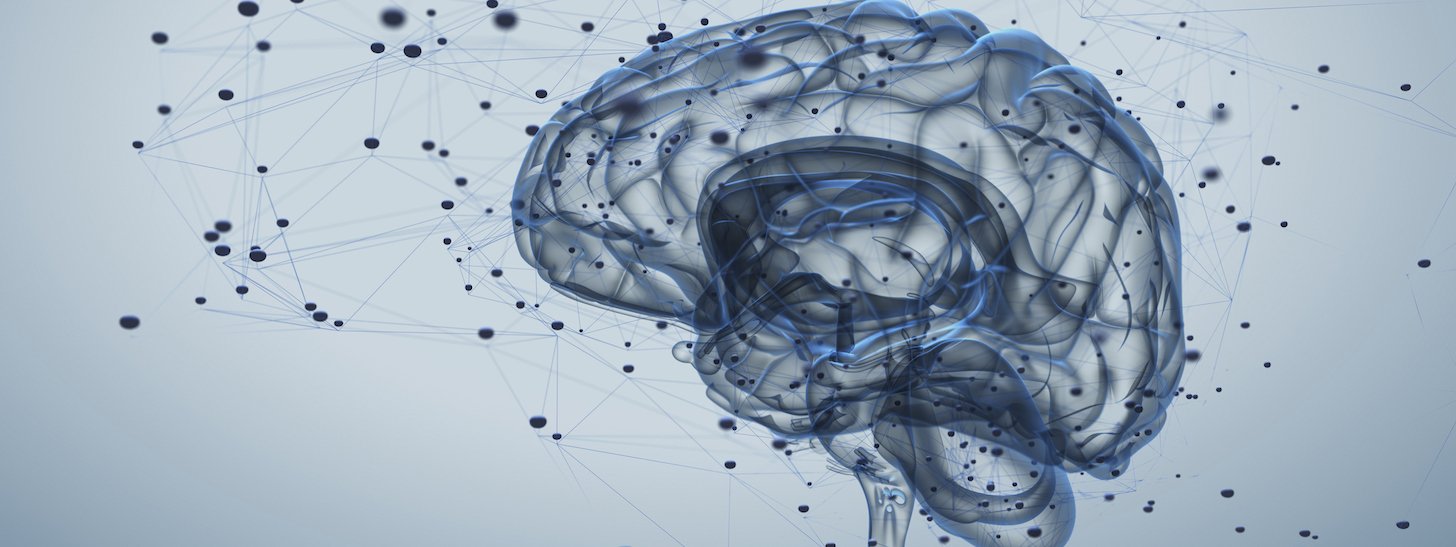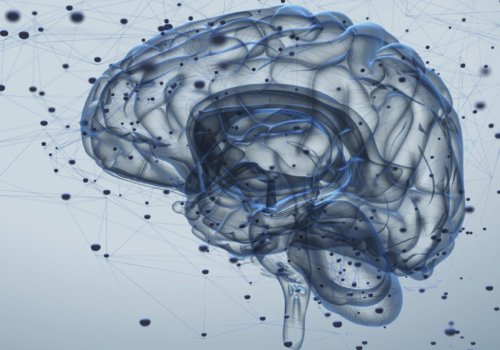
Familial vs. Sporadic Migraine: Study Finds Little Difference
Research published in Headache® did not find a significant link between migraine severity and family history
Research shows that migraine is a complex disease. There are suspicions that there is a considerable genetic component involved with migraine. It is unknown, however, if this plays a role in disease severity, leading researchers to compare familial and sporadic migraine.
This is the basis of new research published in Headache®. Thomas Hansen, PhD, and colleagues sought to determine the differences between familial and sporadic migraine. Hansen and colleagues theorized that someone with a family history of migraine would be more likely to have longer, more-frequent or worse attacks. But according to Rashmi Halker Singh, MD, FAHS, they determined that “the exact opposite” of their prediction was true.
“They found that there is really no difference between migraine phenotypes in individuals who had a family history and those who didn’t,” says Dr. Halker Singh, who commented on this study for the American Headache Society.
The Study
The cross‐sectional study recruited 358 patients with familial migraine and 1,727 patients with sporadic migraine from Denmark’s Danish Headache Center. Each participant was assessed during a validated, semi‐structured interview. Researchers focused on migraine characteristics, migraine severity, comorbidities, and treatment.
Results
Dr. Hansen and colleagues found no differences in age or sex for patients with familial or sporadic migraine. Patients with familial migraine history were determined to have more aphasic aura, compared with sporadic migraine. Patients with sporadic migraine were found to have more lifetime attacks and more prolonged attacks, compared with familial migraine. Additionally, patients with sporadic migraine had a higher incidence of concussion, compared with familial migraine. There was also no difference noted between familial and sporadic migraine in terms of triptan response.
Conclusion
Researchers found that headache characteristics, triptan response and comorbidities were similar between familial and sporadic migraine. Additionally, researchers noted that more-severe migraine among patients with sporadic migraine with aura suggested that sporadic migraine may be related to environmental factors. This also indicates that early intervention in migraine treatment could lessen migraine severity.
Analysis
According to Dr. Halker Singh, the study has several takeaways. She notes that the study was interesting because it showed no significant difference in individuals with a family history of migraine and those without. She highlights that, if anything, people with no familial migraine history have worse attacks, compared with patients with familial migraine.
Dr. Halker Singh also highlights that patients with migraine often carry a lot of guilt. The results of this study, she says, may give them some comfort when it comes to a fear of passing migraine down to their children.
“People with migraine have so much guilt about many different things,” she says. “They worry about missing out on their lives, not being there for their friends and family, and also passing migraine on to their children. This study shows that people with a family history of migraine do not have a worse course of migraine. I think, in a sense, this may be reassuring to patients, that they’re not condemning their child to a worse outcome than their own.”
Additional Research
Dr. Hansen and colleagues said the difference in the clinical presentation of symptoms for migraine with aura among patients with familial migraine should be considered in future studies. Additionally, Dr. Halker Singh says further research using a larger cohort would be beneficial.
“It would be worthwhile to see what kind of data they could come up with a larger group in the U.S. to see whether these findings hold true or not,” she says.
For more on the latest research on headache and migraine, visit the American Headache Society News page.


